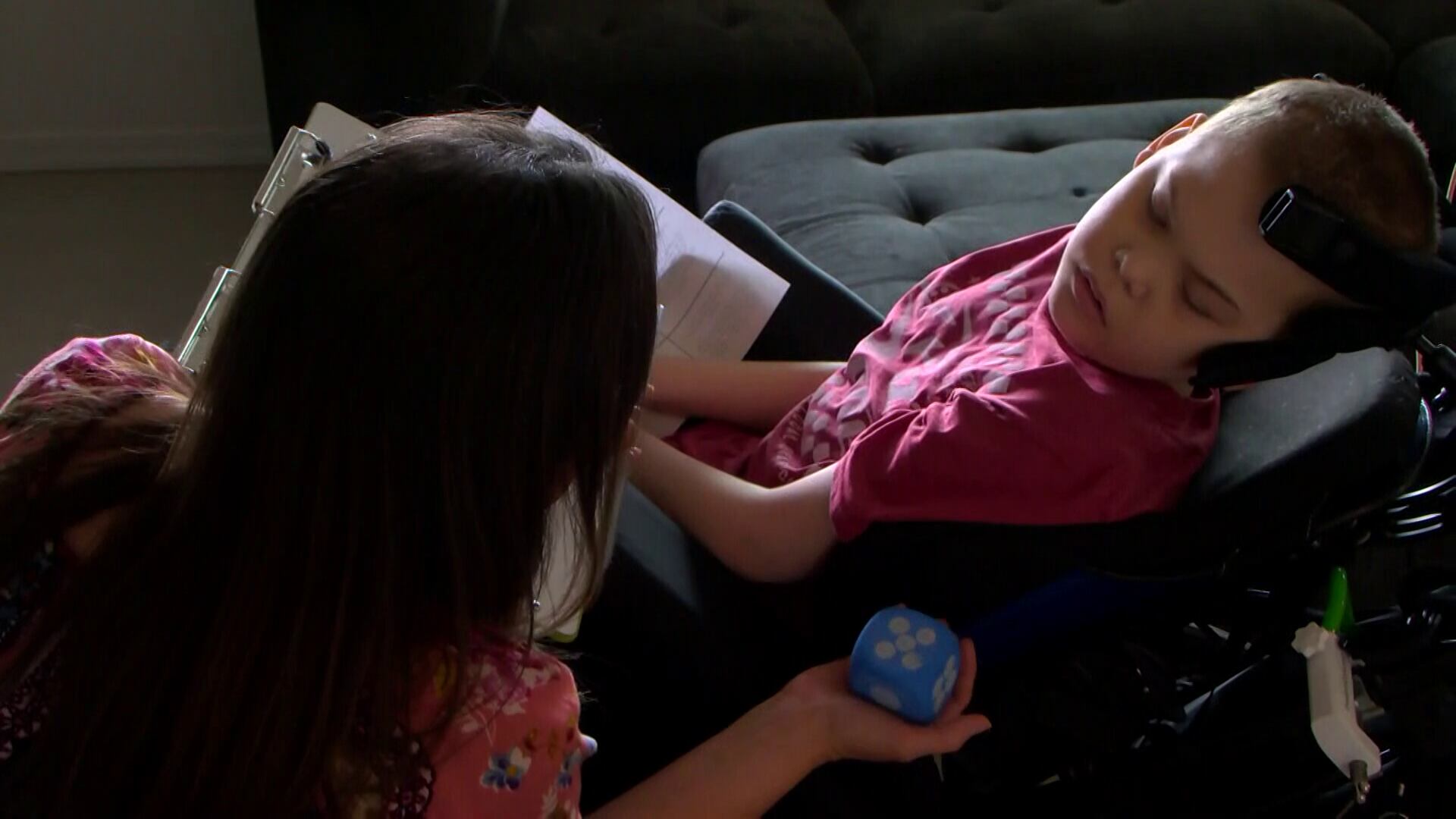Parents of disabled children worry about lost care after Arizona policy shift

Concerns Over New Policy Impacting Children with Special Needs
Disability advocates across the state are expressing deep concern over a new policy that could significantly impact children with severe disabilities. They fear that without adequate support, these children may experience regression in their development and overall well-being. The issue stems from changes to a program that previously provided financial assistance to parents who care for children with special needs.
The modifications are set to take effect on October 1, and many families are now scrambling to find ways to prevent this change from negatively affecting their children. One such parent is Brandi Coon, whose 10-year-old son, Tyson, lives with profound disabilities. Tyson suffered a traumatic brain injury as an infant, which led to epilepsy and cerebral palsy. For Coon, being a mother and an advocate for her son has always been a priority.
Advocating for Tyson means challenging a recent update to state policy. Coon is worried that her son and other children like him will soon lose access to essential care services. “It’s just devastating. Many people are so scared and fearful,” she said, highlighting the emotional toll of the situation.
For years, Coon and members of the Raising Voices Coalition have worked tirelessly to secure funding for the Arizona Division of Developmental Disabilities (DDD). Their efforts included pushing for the permanent implementation of a program that paid parents to care for their children during the pandemic. In April, Governor Katie Hobbs signed a bill into law that aimed to do just that, but it came with certain restrictions.
“This, in my opinion, has gone too far and we have removed the person-centered evaluation aspect of those service hours,” said Coon. She explained that caregivers, including paid parents and providers, will now face limits on the number of service hours they can receive, based solely on a child’s age rather than individual needs.
Amy Haley, another mother of a child with special needs, echoed Coon's concerns. Her son, Caleb, requires around-the-clock care due to multiple severe diagnoses. “Caleb will be dropped down to 14 hours, so he’s getting over half of his hours cut,” she said. This reduction in service hours has left many families in a state of worry and uncertainty.
Haley and Coon agree that while regulations are necessary, there must also be room for nuance when dealing with children in extraordinary circumstances. “Added exception language needs to be a part of the policy because every child is different,” said Haley. Coon added, “We need to have exceptions in place for these assessment tools. It can’t just be blanket age limitations. That’s not what’s in the best interest for individuals with disabilities.”
On Thursday, both mothers met with the Governor’s Office to request that exceptions be included in the new policy. They remain hopeful that their concerns will be addressed.
In response to the policy changes, the Arizona Department of Economic Security and AHCCCS issued a statement. According to the statement, AHCCCS revised its assessment tools and service policies in collaboration with Managed Care Organizations, providers, and stakeholders. These updates were made in response to conditions in the Centers for Medicare and Medicaid Services (CMS) waiver approval and to comply with House Bill 2945, which was signed into law in April 2025. The bill provided supplemental funding for DDD.
As part of the policy changes, AHCCCS updated the assessment tools used to determine eligibility for medically necessary Home and Community-Based Services (HCBS) for individuals under age 18 enrolled in the Arizona Long Term Care System (ALTCS), which includes the Developmental Disabilities (DD) and the Elderly and Physically Disabled (EPD) programs. These tools now include standardized developmental milestone metrics to help case managers and support coordinators assess whether a child’s needs meet the definition of extraordinary care and should be further assessed for certain tasks or supports. This may result in changes to the number of service hours children are approved to receive.
The new assessment tool will take effect on October 1, 2025, and will be applied during each member’s regularly scheduled quarterly review thereafter. On September 4, 2025, AHCCCS and DES co-hosted two public forums where the policy and updates were reviewed. A recording of the meeting and the presentation slides are available on the Division’s PPCG web page, and additional information can be found on AHCCCS’s website.
Post a Comment